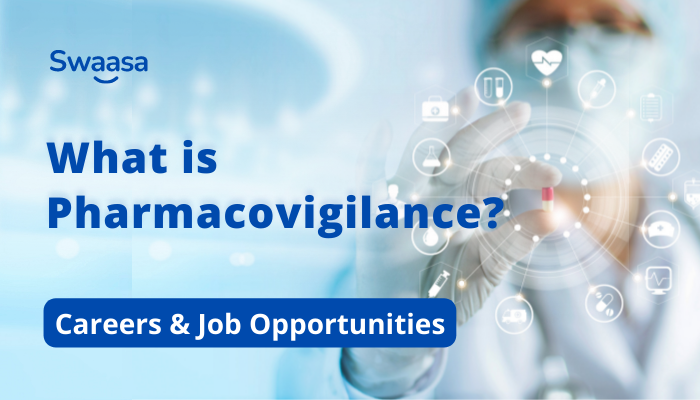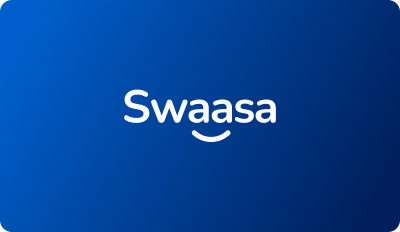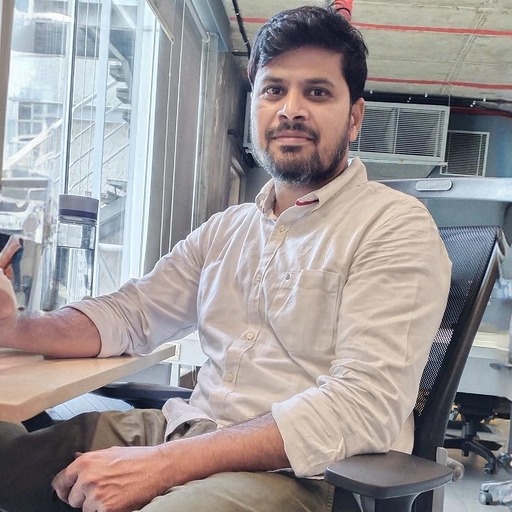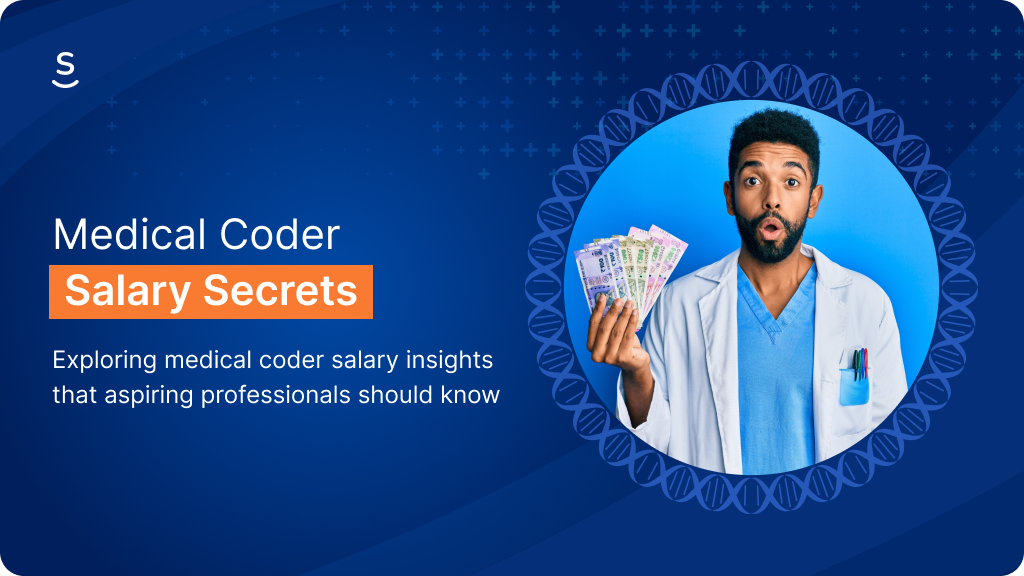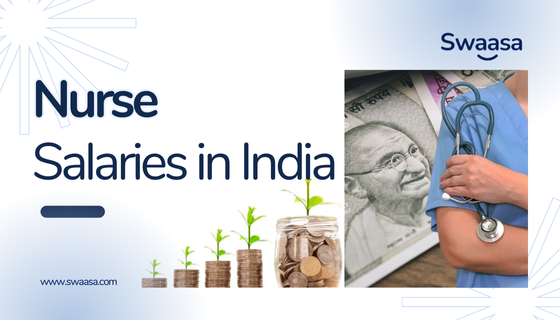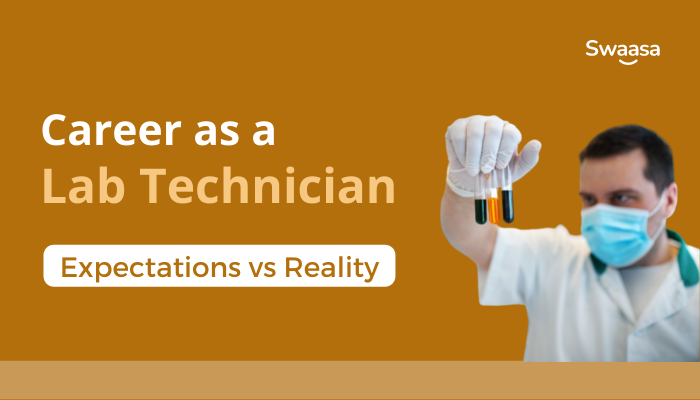Pharmacovigilance: Pharmaceuticals are a valuable part of patient care around the world. For physicians to properly care for their patients, the safety of medicines must be monitored and documented from the first tests to daily use. This is the world of pharmacovigilance.
What is Pharmacovigilance?
The World Health Organization defines pharmacovigilance (PV) as "the science and activities related to the detection, evaluation, understanding, and prevention of adverse reactions or other drug-related problems."
PV's goals are to strengthen patient safety regarding the use of medicines by providing a system for collecting, evaluating, and disseminating data on medicine safety. PV activities include monitoring approved drugs and investigational drugs (IMP) with the following objectives:
- Identify previously unknown side effects
- Detect changes in the frequency or severity of known side effects
- Assess the risk/benefit of a drug to determine if actions are needed to improve safety
- Ensuring that information provided to healthcare professionals and patients is accurate and that information in package inserts is up to date
- For laymen, pharmacovigilance means drug safety. It can be defined as the study and prevention of side effects caused by pharmaceuticals. Pharmacovigilance is the reason many medicines are temporarily withdrawn from the market or not marketed at all.
The government supports and helps conduct pharmacovigilance courses, as their main objective is to ensure that medical students are aware of the side effects of certain drugs. Pharmacovigilance allows the implementation of quality systems in all pharmaceutical companies that manufacture large quantities of drugs.
Courses:
Pharmacovigilance candidates can complete certificate and diploma courses.
Symogen, a KPO, teaches a certificate course in Pharmacovigilance and Pharmacoepidemiology, and it can be obtained in 4 months. The fee for this course can range from Rs 50,000 to Rs 80,000 depending on where you enrol.
The Postgraduate Diploma Program in Pharmacovigilance is administered by the Clinical Research Institute, India. It is a one-year course costing Rs. 1.3 lakhs.
Pharmacovigilance training is provided by competent international and national teaching staff with many years of practical and theoretical experience.
You may be eligible for a pharmacovigilance course if you are one of the following:
He studied pharmacy and life sciences.
medical professional, i.e. doctors of all specialities
He studied pharmacy and life sciences.
Junior professional in the pharmaceutical industry, IT industry and clinical research organizations.
Salary:
A position holder in this field can easily get a starting salary of Rs.3.5 – Rs.8 lakhs per year. As drug safety gains more recognition around the world, the number of jobs in India in this field is increasing.
Job prospects:
There is no shortage of jobs in this field, as good quality pharmacovigilance practice is good business. Students in this field can get jobs in various pharmaceutical companies and get attractive and attractive packages. With new drugs being manufactured every day, a career in pharmacovigilance has good prospects.
Eligibility Criteria:
To study the pharmacovigilance degree, the minimum requirements to apply for the course are:
A graduate or postgraduate degree in Life Sciences/Life Sciences (with one of the following subjects: Botany, Zoology, Biochemistry, Microbiology, Genetics, Biotechnology) with an overall score of at least 50%
A graduate or postgraduate degree in chemistry with at least a 50% overall grade
Bachelor of Pharmacy or Pharmacy
Complete Bachelor of Medicine or PhD.
The selection process is based on merit. Only students who have passed a written exam and a personal interview are allowed admission.
Scholarships:
The institute awards scholarships to five students each year based on merit. The scholarship is offered based on the overall performance of freshmen, with those first five students receiving a full tuition waiver for the following year.
Duration and Venue:
The pharmacovigilance course is carried out twice a year for four months each time. The first batch recording will take place in New Delhi from September to December and in Mumbai from January to April. This pattern runs every year.
The number of admissions per batch is limited so that each student can be assessed individually and this also allows for effective discussions, hands-on practice and mini-workshops throughout the course.
Fees:
Total fees for this 4-month course are Rs 85,000 for employed Indian professionals and SAARC countries and USD 5,000 for other international students. Fees for Indian students pursuing higher education are Rs 50,000.
Fees cover all course materials and exams. Coffee and lunch are also provided on class days.
Examination:
At the end of each four-month course, an assessment is made of how well they have understood the course material. Pharmacovigilance reviews consist of:
A 2-hour written part consisting of 2 long and 4 short questions
A Viva: 30 minutes with two examiners
A short project to be delivered at the end of the course on topics to be specified by the Faculty of Pharmacovigilance
Institutes: College of Clinical Research (IGMPI), India
About the Institute:
The College of Clinical Research (FCR) is a constituent college of the Institute of Good Manufacturing Practices of India. The course is approved by the Government of India's Quality Council of India (QCI). FCR also holds the following accreditations and memberships.
Accredited global training and certification provider
Registered as a Non-Profit Company with the Government of India (under the Companies Registration Act, 1860)
Approved by Quality Council of India (QCI) and Ministry of HRD Accredited Vocational Institution, Government of India
Training institute accredited by the Food Safety and Standards Authority of India (FSSAI).
Approved by the Department of Industrial Policy and Promotion, Ministry of Commerce and Industry, Government of India.
Courses offered
The Faculty of Clinical Research (IGMPI) is offering a one-year Postgraduate Diploma in Pharmacovigilance for INR 75,000.
Regular and part-time:
-
Executive Diploma in Clinical Research
-
Postgraduate Diploma in Pharmacovigilance
-
Executive Diploma in Pharmacovigilance
-
Postgraduate Diploma in Clinical Data Management
-
Executive Diploma in Clinical Data Management
-
Distance learning with e-learning
Postgraduate Diploma in Clinical Research:
-
Executive Diploma in Clinical Research
-
Postgraduate Diploma in Medical Writing
-
Executive Diploma Program in Medical Writing
-
Executive Diploma in Pharmacovigilance
Stay tuned to know more about the Best Healthcare and Pharma Jobs in India in 2023!

